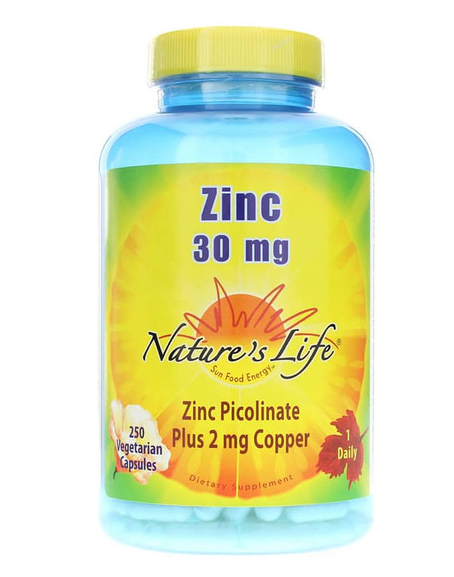Nickel silver, also known as German silver or Alpacca, is a copper-nickel-zinc alloy that offers superior strength, durability, and corrosion resistance. The addition of nickel to the brass base enhances its mechanical properties and creates a shiny, silver-like appearance that makes it ideal for decorative and ornamental applications. In this blog article, we will discuss the unique properties and applications of nickel silver, particularly nickel silver rods that serve as an essential material in various industries.

Properties of Nickel Silver
Nickel silver alloys typically contain 60-80% copper, 10-30% nickel, and 5-30% zinc, with small amounts of other elements such as iron, lead, manganese, and silicon. The exact composition of nickel silver may vary depending on the intended use, as different ratios of the alloy elements can produce distinct properties.
One of the main advantages of nickel silver is its excellent corrosion resistance, especially in marine and seawater environments. The nickel content increases the alloy's resistance to rust, tarnish, and pitting, while copper and zinc provide a natural antimicrobial effect that inhibits the growth of bacteria and fungi. These properties make nickel silver an ideal material for marine hardware, musical instruments, cutlery, and other applications that require resistance to saltwater and humidity.
Nickel silver also offers superior strength and durability than other brass alloys, with a tensile strength of up to 900 MPa and a high yield strength that allows it to withstand heavy loads without deforming or cracking. Its hardness and wear resistance make it suitable for bearings, gears, valve stems, and other mechanical parts that require low friction and high stress resistance.
Moreover, nickel silver has excellent conductivity and is widely used in electrical and electronic applications such as connectors, switches, terminals, and circuit breakers. It has a low electrical resistance and a relatively high thermal conductivity, making it an efficient conductor of electricity and heat.
Applications of Nickel Silver Rod
Nickel silver rods are widely used in various industries, including:
1. Jewelry: Nickel silver's bright, silvery appearance and durability make it a popular metal for jewelry makers. It is often used as a base metal for silver-plated or gold-plated items, or to create unique designs that resemble silver or platinum.
2. Musical instruments: Nickel silver is a common material for brass instruments such as trumpets, trombones, and French horns. It provides a bright, clear tone and resists corrosion from saliva and other contaminants.
3. Marine hardware: Nickel silver's corrosion resistance and strength make it ideal for marine applications such as boat fittings, cleats, and propeller shafts. It can withstand the harsh saltwater environment without rusting or corroding.
4. Mechanisms: Nickel silver's mechanical properties make it an ideal material for gears, bearings, and valves that require low friction and high durability. It is often used in watches, clocks, and precision instruments.
5. Electrical and electronic components: Nickel silver's conductivity and resistance to corrosion make it an ideal material for electrical connectors, switches, and terminals. It can withstand high temperatures and harsh chemicals without degrading its performance.
Conclusion
Nickel silver is a versatile and durable material that offers unique properties for various applications. Its composition of copper, nickel, and zinc creates a strong and corrosion-resistant alloy that can withstand heavy loads, high temperatures, and harsh environments. Nickel silver rods are an essential material in many industries, from jewelry making to marine hardware to precision mechanics. If you're looking for a high-quality brass alloy that can deliver superior performance and aesthetics, nickel silver is the ultimate choice.